Tell Me About Harmful Insects in Phx
MissionGardens
13 years ago
Related Stories

GARDENING GUIDESOrganic Matters: Thwart Insect Pests With Trap Crops
Add a few sacrificial plants to your garden to lure insects away from the harvest
Full Story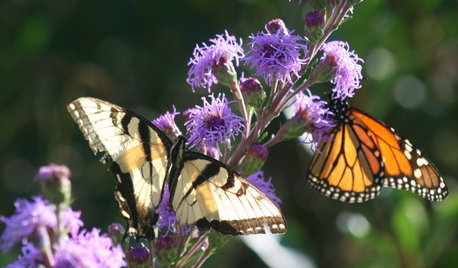
FALL GARDENINGWhat Monarch Butterflies Taught Me About Garden Design
Thinking like a butterfly leads to fresh perspectives in the garden and in life
Full Story
VALENTINE’S DAYTell Us: Why Did You Fall in Love With Your House?
What was it about your house that made your heart flutter? Share your photo, and it could make the Houzz homepage
Full Story
ARCHITECTUREDesign Workshop: Materials That Tell a Story
See how wood, concrete and stone convey ideas about history, personal taste and much more
Full Story
GREAT HOME PROJECTSWhat to Know About Adding a Reclaimed-Wood Wall
Here’s advice on where to put it, how to find and select wood, what it might cost and how to get it done
Full Story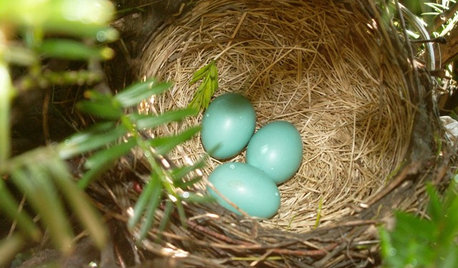
GARDENING FOR BIRDSWhat to Know About Birds Nesting in Your Yard
Learn how to observe, record data and help ornithologists with NestWatch’s citizen science project understand bird trends
Full Story
BEDROOMSGuessing Game: What Might Our Bedrooms Say About Us?
For entertainment only; actual accuracy may vary. Always don fun goggles and engage your imagination before playing!
Full Story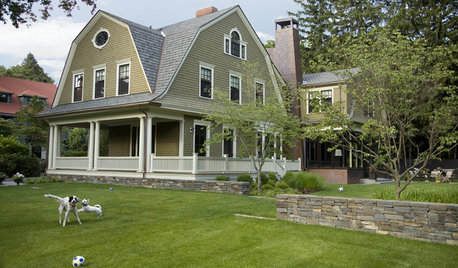
PETSSo You're Thinking About Getting a Dog
Prepare yourself for the realities of training, cost and the impact that lovable pooch might have on your house
Full Story
FUN HOUZZGuessing Game: What Might Our Living Rooms Say About Us?
Take a shot on your own or go straight to just-for-fun speculations about whose homes these could be
Full Story
FUN HOUZZEverything I Need to Know About Decorating I Learned from Downton Abbey
Mind your manors with these 10 decorating tips from the PBS series, returning on January 5
Full Story





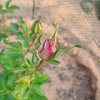
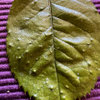
Jeannie Cochell
tracydr
Related Professionals
Comstock Park Landscape Architects & Landscape Designers · Ballenger Creek Landscape Architects & Landscape Designers · Marina Landscape Architects & Landscape Designers · Salem Landscape Architects & Landscape Designers · South Orange Landscape Architects & Landscape Designers · Towson Landscape Architects & Landscape Designers · Wixom Landscape Architects & Landscape Designers · Concord Landscape Contractors · Flagstaff Landscape Contractors · Hawaii Landscape Contractors · Pompano Beach Landscape Contractors · Rockville Landscape Contractors · New Carrollton Landscape Contractors · Casselberry Landscape Contractors · Glendale Heights Carpentersmangledmind
lazy_gardens
MissionGardensOriginal Author
greendesert
greendesert
lazy_gardens
MaryMcP Zone 8b - Phx AZ
aztreelvr
MissionGardensOriginal Author
lazy_gardens
agility_mom
Jeannie Cochell
dorothyroeder
ame_ga_furimasu
campv 8b AZ
jeff_12422
Fascist_Nation
Pagancat
jeff_12422
Haname
jeff_12422
tracydr